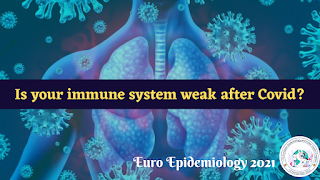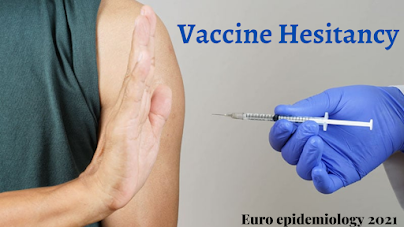Is your immune system weak after Covid?

After recovering from an acute COVID-19 infection , patients may continue to experience signs and symptoms such as weariness, body aches, coughing, sore throat, breathing difficulties, and so on. In recovered patients, long Covid or Covid sequelae can arise. First, the most common side effects mentioned are fatigue or muscle weakness, dyspnea, joint pain and chest pain, sleep difficulties, anxiety or depression, and a decreased quality of life. The virus causes a cytokine storm and hyper inflammation in the immune system, which leads to additional multi-organ damage and death. Neurological issues , such as headaches, dizziness, difficulties concentrating, memory problems, diminished smell or taste, weakness, or muscle pain, affect at least one-third of patients with COVID-19. According to study, persons who recover from COVID-19 have immunity to the virus for 3 to 5 years. Immunity can develop naturally after contracting COVID-19 or as a result of receiving the COVID-19 vacc...





